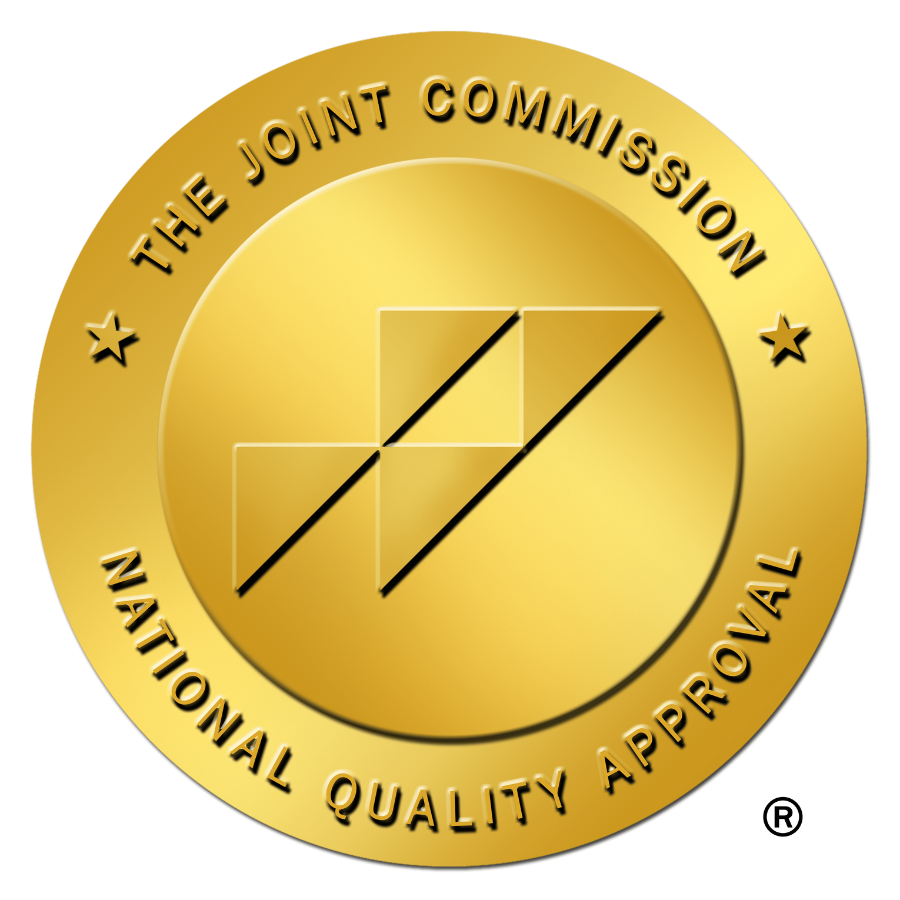Mental health refers to the overall psychological well-being—this includes the emotional, psychological, and social well-being of an individual. It influences how we interpret things, how we feel, and what we do to face the obstacles in our daily lives.















